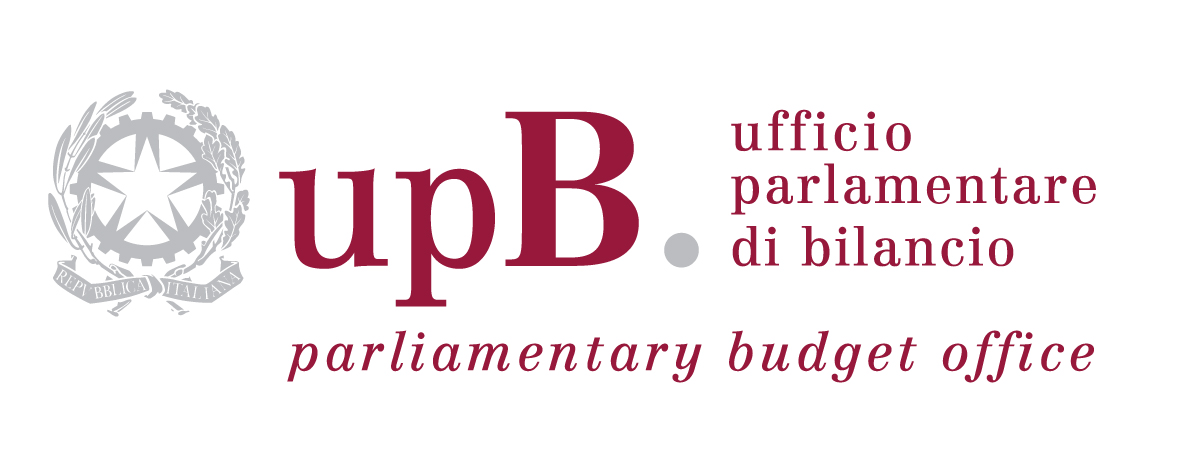The PBO testified today at a hearing (in Italian) before the joint Budget Committees of the Chamber of Deputies and the Senate as part of as part of the enquiry into the revision of Law 243/2012 and the Budget and Public Finance Act (Law 196/2009). With the two pieces of legislation, currently being examined by the Houses, Parliament is amending the budget rules for the Regions and other local governments and reforming the content of the Budget Act, thereby fully implementing Law 243/2012.
In the first part of the testimony, the PBO discussed the revision of the balanced budget rule for local governments included in the bill amending Law 243. The remarks reviewed the criticism advanced by various parties of the existing text: excessive complexity of the rules for local governments, both in terms of the multiple budget balances subject to the constraint and in terms of the many mismatches between those balances and the accounting rules to which the local governments are subject; the penalization of investment by local authorities owing to the excessive rigidity and complexity of the mechanism for regional flexibility that is to govern the exchange of surplus financing capacity; and the challenges of implementing the mechanism for regulating the effects of the economic cycle on the budgets of local governments for the purposes of compliance with the structural budget balance rule for general government as a whole. Attention then turned to illustrating the solutions identified in the reform bill: the change from four reference balances to one; the greater room for investment granted to local governments with the (conditional) inclusion of the restricted long-term fund in the balance subject to the balanced budget restriction; the revision of the geographical and intertemporal flexibility mechanisms; and the revision of the flexibility mechanism to cope with cyclical variations and exceptional events. In conclusion, the testimony addressed the issues that, in the light of those solutions, still need to be resolved.
The second part of the hearing addressed a number of key issues in the reform of the budget act. The amendments of the calendar of the budget programming cycle were welcomed but a number of key problems remain with regard to the timing of the obligations provided for under national legislation and those under the rules of the European semester. A second issue was the elimination of the so-called “safeguard clauses”: this came in response to the many critical problems encountered in implementing this mechanism, but the monitoring mechanism that replaces it is still weakened by an approach that focuses of verifying individual expenditure authorizations (even very small items). The unification of the Budget and Stability Acts is a welcome innovation, making it a more flexible instrument for allocating financial resources for the subsequent three years, but a number of issues still have to be addressed, especially as regards the significance of parliamentary votes at the programme level given the continuing fragmentation of expenditure legislation. Finally, the introduction of indicators of well-being in economic and financial policy documents was welcomed, albeit while noting a number of problems that could hinder implementation.
